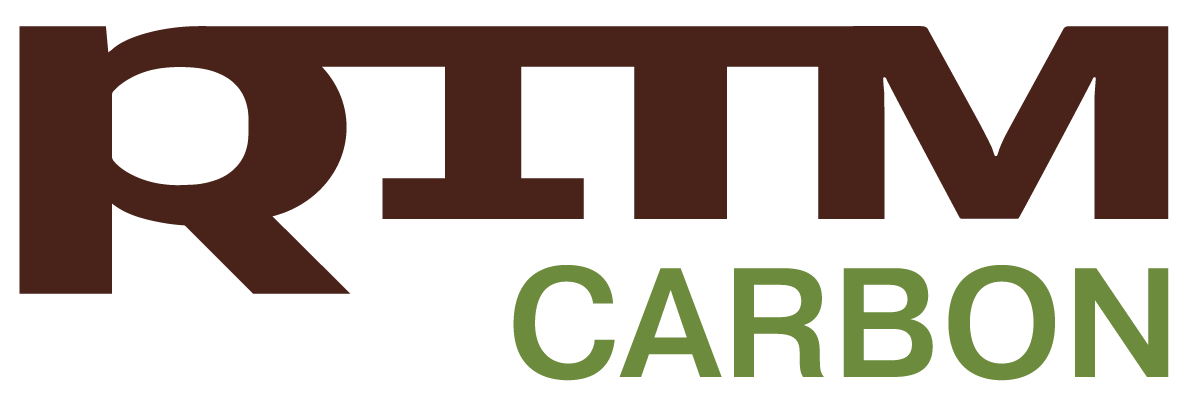Roslesinforg website informs that the organization has joined the Carbon Rhythm consortium:
Six consortia have been designed to implement the assignments of the key innovative government project, the Unified National System for Monitoring Climatically Active Substances (including greenhouse gases). They include dozens of scientific institutions throughout the country, among them 16 specialized units of the Russian Academy of Sciences and three forestry universities. Roslesinforg is involved in one of the consortia called Carbon Rhythm. Roslesinforg will be assessing terrestrial ecosystems, most of them being forests. To do this, state forest inventory specialists will collect 30 tons of soil samples and spend a total of 42 months in the forest. The Carbon Rhythm consortium experts are tasked with developing a national system for monitoring carbon pools and greenhouse gas flows in Russia by integrating ground-based measurement data, remote sensing, and mathematical simulation methods. This will lead to the development of the Russian data analytics system for carbon recording in terrestrial ecosystems Uglerod-E. The system will allow the authorities to make informed decisions in the field of climate change management, in particular, when adjusting the implementation plan of the Low Carbon Development Strategy until 2050. The system development will be based on Roslesinforg data, which are being gathered as part of the state forest inventory. The consortium will focus on studying vegetation and soils. The sampling is to begin this year. As a result, a list of initial data necessary for monitoring climatically active substances will be compiled. The development of a national system for monitoring climatically active substances began last year, followed by decree of the President of Russia. The monitoring data will shape the framework of the national system for monitoring climatically active substances that require state registration, as well as that of the national inventory of greenhouse gas emissions and greenhouse gas absorption for international climate-related reporting.
